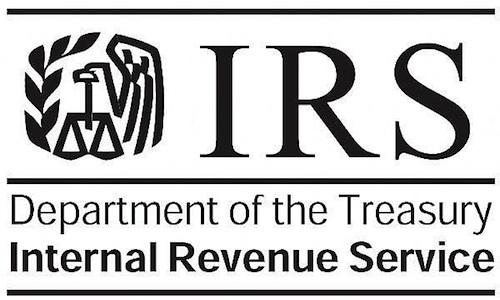The Tax Blotter is a roundup of interesting tax news.
It’s been almost two years since Congress passed, and the president signed, the Tax Cuts and Jobs Act (TCJA), the biggest piece of tax legislation in decades. What’s in store for the near future? Here are a few items to consider.
Capital gain indexing in play? Many thresholds and limits in the tax law, as well as tax brackets for individuals, are “indexed” annually for inflation. Why not capital gains on sales of securities? Although the conservative-backed idea of bumping up the basis of securities was initially endorsed by the Trump administration, support has cooled off this year. Nevertheless, capital gain indexing is still on the table and could reemerge in the form of regulations or even an executive order.
Rubbing SALT in the wound. The annual $10,000 limit of for state and local tax (SALT) deductions, established by the TCJA for 2018 through 2025, has dawn the ire of residents in high-tax states. A number of Democrats on the tax-writing House Ways & Means Committee want to abolish the limit or least least offer more relief. However, this legislation would face an almost insurmountable hurdle in the GOP-controlled Senate. Don’t hold your breath for a SALT change anytime soon.
Last look at extenders. Now that the aftershocks of the TCJA have worn off, lawmakers may finally turn to the group of “extenders” that have recently expired or are about to expire. Traditionally, Congress approves extensions for a package of tax provisions, sometimes retroactively, including energy credits, the tuition-and-fees deduction and credits for hiring disadvantaged workers. Efforts to renew these tax breaks may heat up before the end of the year, but there are no guarantees.
Thanks for reading CPA Practice Advisor!
Subscribe Already registered? Log In
Need more information? Read the FAQs





